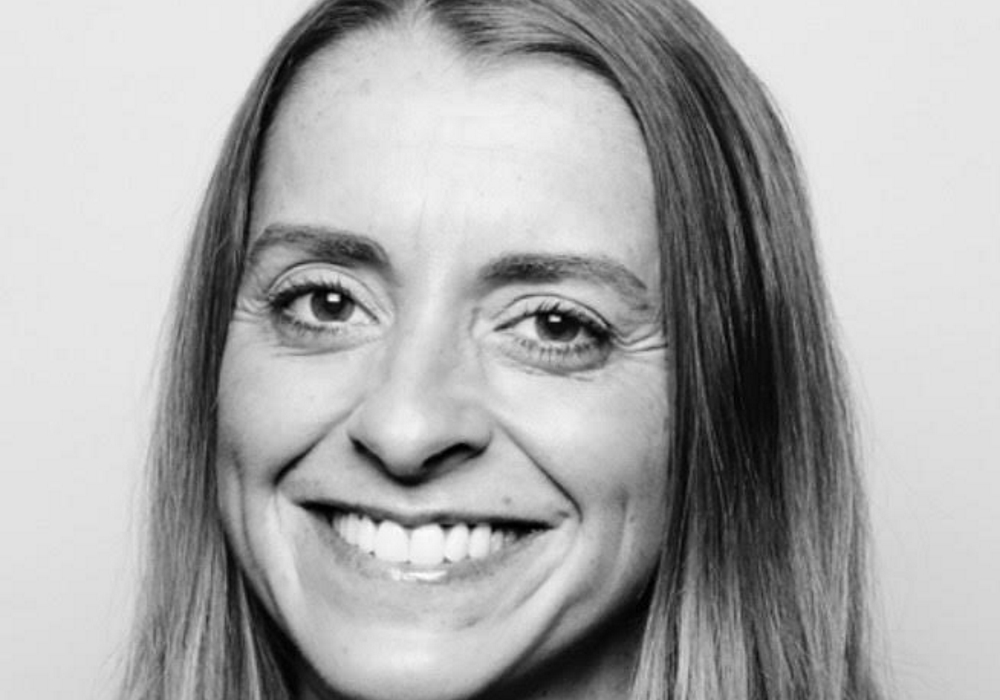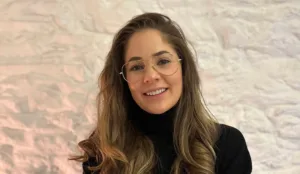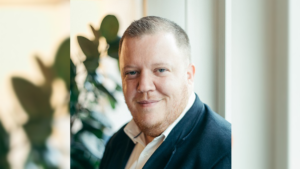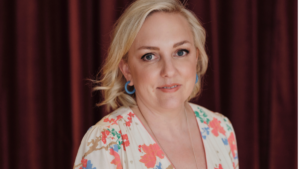Ahead of the Digital Women International Women’s Day (IWD) Lunch 2023, we speak to some of the industry’s leading female voices to get their thoughts on how digital can truly achieve equity. Today, we hear from Agatha Zietala, VP International Marketing at Magnite.
What will be the biggest challenge in achieving equity in the digital industry?
The individualistic nature of equity makes it hard for there to be a one size fits all approach as it relates to solving the equity challenge, as we all bring a unique set of values and experiences that shape and affect our needs and vision of what constitutes equity in the workplace and beyond.
If I had to boil it down to one core challenge, it would be that women still bear the brunt of family planning in all stages, tremendous opportunity that is often weighed down and complicated by financial repercussions and limited maternity and family care coverage in some countries. I think there has been a greater effort to rebalance this approach with more support and flexibility, but it’s a big factor that almost every woman has had to take into account at some point in their lives, and especially their careers. We should not have to choose between family and career.
On a broader scale, work-life balance continues to be a challenge across the board and needs to be addressed in every industry. This would ideally take into account unique needs that allow for personal priorities to remain intact whilst allowing opportunities for professional development. I think companies have taken larger steps to address this challenge and I look forward to more areas of support and flexibility to allow individuals to flourish personally and professionally.
Are you worried that macroeconomic issues could have a negative impact on diversity initiatives in our industry?
Absolutely. Most areas of growth and development are affected by macroeconomic issues that force us to make practical decisions that often have an either/or outcome. As with many critical challenges of our time, decisions are often made out of necessity versus what is truly best for individuals, families or even society. We see this with education, environment and healthwhere priorities are shifted to during difficult economic times. Those without a voice are often left behind and it’s imperative we all unite to make sure we don’t allow this to happen.
The pressures of our current global economic state are not to be underestimated and are likely to have long-term effects that we may not see for years to come. Similar to COVID, we are only beginning to understand the full ramifications of that period of time on all aspects of our personal and communal lives and thus we should approach these topics with the highest levels of empathy and sensitivity.
What is your advice to anyone in a junior position who wants to engender change within their own organisation?
Walk the walk and be a part of the solution for the change you want to see. Don’t be overwhelmed by the many different options, but take small steps on a daily basis which will soon branch out to your teams, your colleagues and the larger organisation, thus becoming a more progressive and manageable process for change.
I also think an optimistic approach is critical on the path to effecting and leading change. Whilst acknowledging hurdles and obstacles is key to success, I do think it is the people that believe in better that actually do better. I was lucky enough to work with the brilliant Jane Maas, an advertising industry pioneer and champion of women’s rights in the workplace, who documented her journey in the book, Mad Women. In it, she details her struggles and success in the primarily male NY advertising world of the 1960s and 70s. Her best advice to me was to focus on building a better world by being an active participant in it, supporting a community of peers that have this similar mindset to collaborate, support and encourage. She focused on making this change by leading with action and championed female leadership by rolling up her sleeves and making it happen, day in, day out.
The combined efforts of many like her have impacted decades of change, inspiring decades more, which is the effect that needs to continue to multiply. As individuals, we have more impact than we actually believe.
What is the biggest opportunity for women in your sector of the digital industry today?
Having more women take up senior leadership positions in the technology andadvertising industry is a big opportunity. There is so much potential here and workingtogether to support growth and progress across the board will be instrumental to gettingthese figures up. I believe the doors are opening more and more and the choice willbecome ours – a great place to start.
Broadening the topics of conversation at a more senior level will also be an opportunityfor women, bringing critical new perspectives to all areas of the workforce. The morebalanced the dialogue is at every stage of the conversation, the better the outcome willbe for all parties involved.
Encouraging the next generation to equally share the responsibility of change andprogress should be a gift we should all work to bestow upon youth. The combined powerof leadership with this spirit has the power to yield results in every aspect of businessand beyond.
*Source: https://explodingtopics.com/blog/women-in-tech
What is the biggest challenge to you as a woman in the digital industry and how are you overcoming it?
Work-life balance continues to be an ever-elusive goal as the world continues toaccelerate on all fronts. A good way to counterbalance this effect is to make it moresocially acceptable to discuss, address and respond to personal boundaries and needswithout repercussions. Whilst this issue affects all industries and genders, I think our fastpaced, ever changing industry amplifies this feeling and women can be unintentionallyaffected more when dealing with the challenges of family & home care.
I also think the stigma of “being emotional” continues to plague women across the board,but especially in industries that are tech first. Anything that can be done by companiesand leaders to promote an open-minded and flexible mindset can only snowball intoother positive results so should be encouraged on all accounts. I have seen womenstruggle with this through all stages of their careers and I am surprised at how much itstill comes up and would love to see this change in my lifetime.
In an effort to work on both of these factors, I have learned to have clearer boundarieson all accounts and know what works best in my personal situation while also beingsupportive in any way I can as a colleague, a manager and a peer. I try to make myselfavailable to help anyone that is looking for new opportunities, needs advice or is lookingto learn more about our industry and as a way to say thank you to all those great women(and men) who have helped me along the way.
What support structures and organisations are most important and effective to you as a woman in the digital industry?
Connecting with other women in the industry has been a gamechanger and allows oneto not feel as isolated. I am mindful of not creating silos for women as I think we shouldall be part of this conversation of change, but there are times when having women onlyindustry events or gatherings helps encourage a free flow conversation and also impactsdirect change.
Other than organised industry events and groups, I think supporting female colleaguesand peers within your organisation is effective and essential on a day-to-day basis. It isimperative we start local and work our way out to the global community, connecting onas many levels as possible to build and support.
What is the biggest misconception about women and by women in the digital industry?
That women don’t support women. This is hopefully the exception and not the rule, butover the last few years, it has been great to see women supporting each other more andmore to the benefit of all. I think this is critical for the future of the industry and the morethis continues to happen, the more it will benefit all areas of the business.
With more open discussions, I think we can all further support each other across gender,race, generations, industry sectors, etc. – that is my hope for a truly digital era. Asleaders in such an innovative space, it is critical we translate this into all areas of impactand influence, so we can ensure this misconception is simply that. Like anything else, wehave the power to harness our opportunities for better or worse, and the choices wemake on a daily basis are critical to making the future a better, brighter one.









